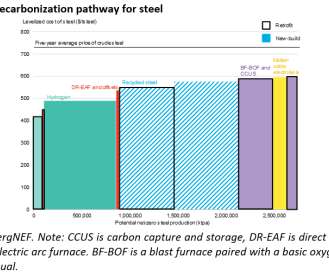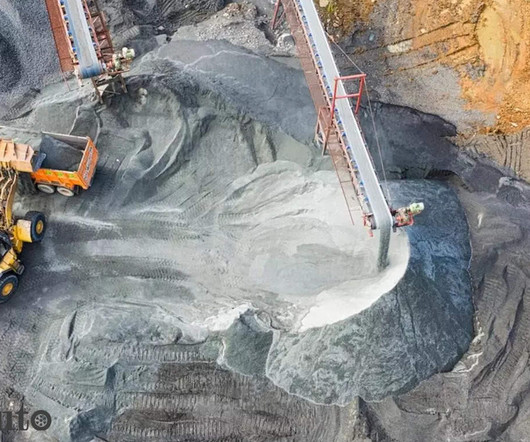BNEF: steel industry set to pivot to hydrogen in green push; additional $278B for clean capacity and retrofits
Green Car Congress
DECEMBER 1, 2021
Steel is responsible for around 7% of man-made greenhouse gas emissions every year and is one of the world’s most polluting industries. Government and corporate net-zero commitments are pushing the steel industry to cancel out its emissions by 2050. The steel industry cannot afford to wait for the 2040s to start its transition.











Let's personalize your content